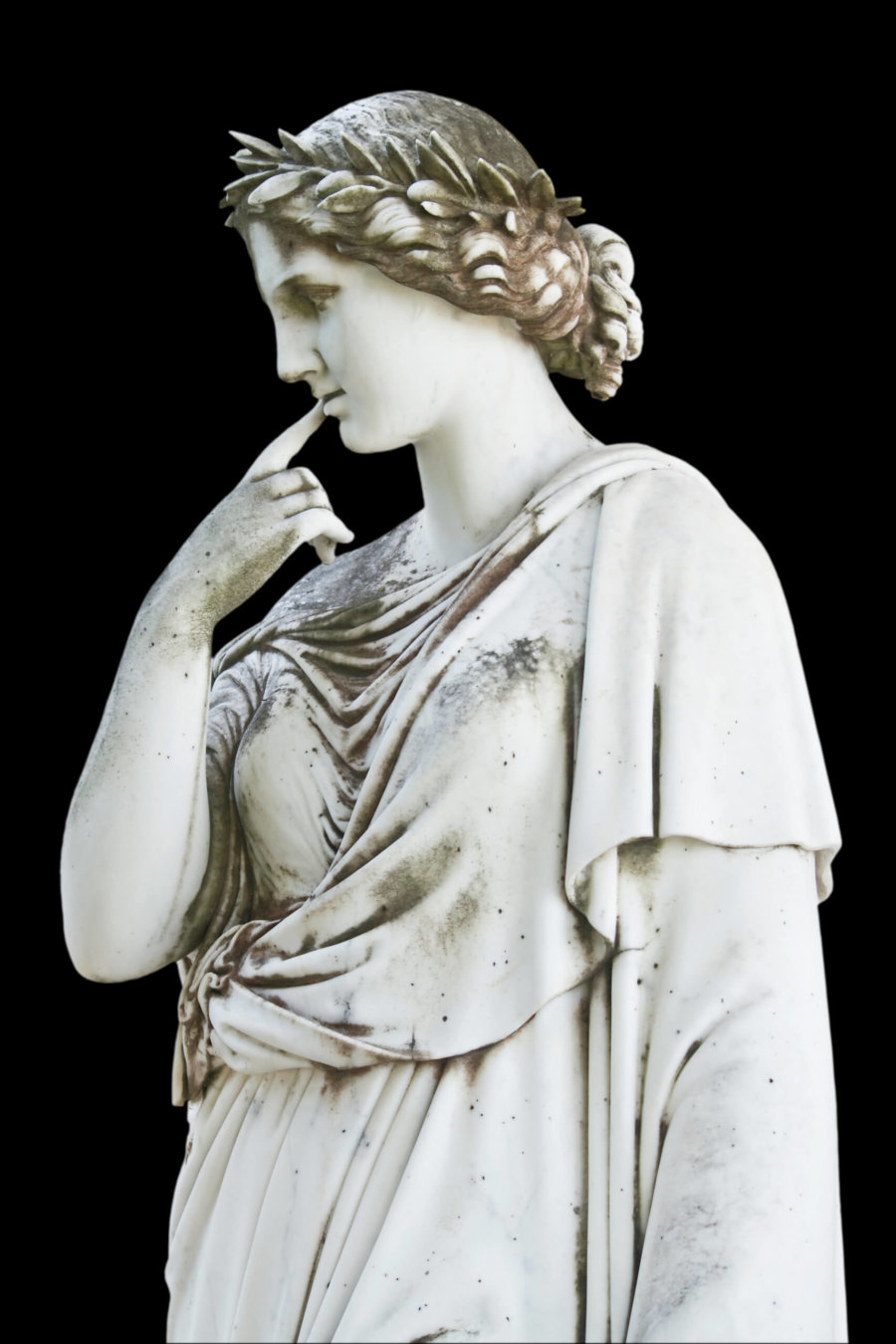Essays on Writing In The Between: Poetry As The Key to Education (Essay X)

Essay X: Intermission on Truth
Is there “a” truth of poetry? An old question, as old as the questioning spirit. Man is the story teller in the animal kingdom, but with the story comes the problem of meaning. It is a convention of our time to question, and often deny, the relevance of meaning to poetry. The Aristotle-obsessed Renaissance riffed on the problem. Contemporary poets would rather quote Lao Tze than do the hard work of disambiguating the search for truth, even when Lao Tze is among the greatest poets of truth.
We have seen however that regardless what we say about truth, reader-writers suffer the question endlessly. They weave their texts out of materials that give shape to our experience: the givens of our situations, the slippery-ness of words, the indefatigable desire of the heart, the capacity for imaginative response when our efforts fall short of a good ending.
The Greek word “cosmos” means both order and ornament, and writers are responsible to the rich ambiguity-— the truth—- of the cosmos.
Of course the reality of “reality” is contested. As reader-writers deal with the burdens and wonders of ‘cosmic consciousness” as defined here, they often do what they do best: write about it.
Among the most popular genres recently is thing-poetry. Modern philosophy grapples with the reality of real things. Poets, always twins of philosophers, do the same. Seamus Heaney wrote many thing poems. Because it engages the personal element, “The Pitchfork” has always been my favorite.
It opens this way —- by addressing the givens of the writer’s immediate situation:
Of all implements, the pitchfork was the one
That came near to an imagined perfection:
When he tightened his raised hand and aimed with it,
It felt like a javelin, accurate and light.
The imagination, based on a mix of story and experience, enters with the little word “like,” and the balance of the poem must make the comparison stick, must make it meaningful, or the poem falls prey to the universal impermanence and falls apart.
The poem ends this way:
And then when he thought of probes that reached the farthest,
He would see the shaft of a pitchfork sailing past
Evenly, imperturbably through space,
Its prongs starlit and absolutely soundless—-
But has learned at last to follow that simple lead
Past its own aim, out to an other side
Where perfection—-or nearness to it—-is imagined
Not in the aiming but the opening hand.
And so the poem ends with a ‘but’ at the edge of the abyss. Self has no more tricks up its sleeves.
The last image has deep roots in the rhetorical tradition (traditions are best understood as open conversations): the fist or the palm, stone or paper, propositional logic or narrative, figures like metaphor, and so on. Heaney’s complex nuanced imagery produces an indelible impression of truth. The imagination of perfection confronts the reader-writer with one of the most enduring prejudices, that against the idea of perfection.
It’s easy to see why perfection has gone out of style.
As the writer struggles to make good on her promise to herself and others not to waste precious time, the process of perfection —-discovering the truth in the words—- does take a lot of time. With luck, something gleams in the midst. But that’s another story, the shortest chapter in Lu Chi’s “The Art of Writing,” the one on revision.
It’s next.
References
Bringhurst, Robert. 2008. The Tree of Meaning: Language, Mind, and Ecology. Counterpoint.
Desmond, William. 2016. The Intimate Universal: The Hidden Porosity Among Religion, Art, Philosophy, and Politics. Columbia University Press.
Lu Chi. 2000. The Art of Writing. Translated by Sam Hamill. Milkweed Editions.
Tu Fu. 2020. The Selected Poems. Translated by David Hinton. New Directions
Also see Essays on Writing In The Between: Poetry As The Key to Education (Essays I-V), (Essay VI-VIII), (Essay IX), (Essay XI), (Essay XII), (Essay XIII), (Essay XIV).




